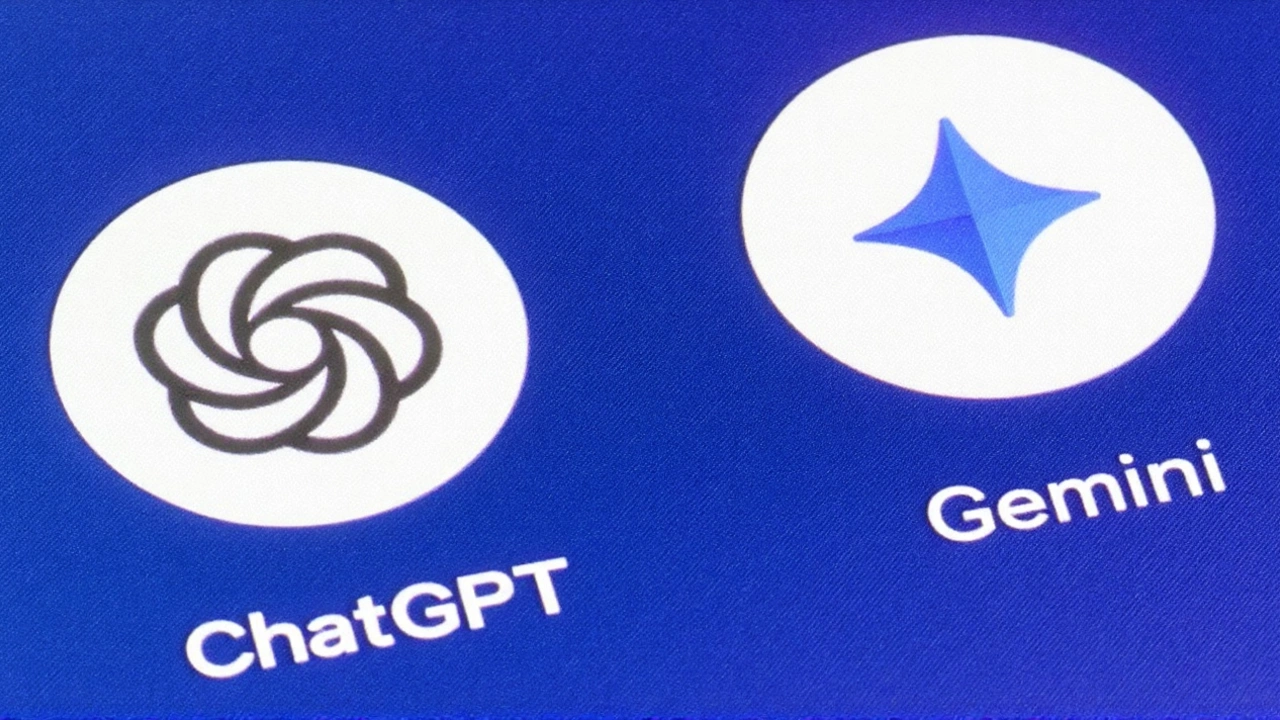ChatGPT for Tennis and Rugby Fans
Ever wish you had a personal coach who could answer any sports question on the spot? That’s what ChatGPT does for you. It’s an AI chat tool that pulls together match data, player history, and tactical ideas in plain language. Whether you’re tracking Wimbledon scores or looking for the latest Premiership news, you can type a question and get a quick, reliable answer. No need to scroll through dozens of sites – the answer lives right in the chat.
What ChatGPT Can Do for You
First off, ChatGPT can give you live‑match updates. Ask for the current set score at Wimbledon or the latest try count in a rugby match, and it will pull the latest numbers. It also breaks down stats: you can request a player’s serve percentages, break points saved, or a winger’s meters gained. Want to know how a specific surface affects a player’s game? ChatGPT can explain the trends in simple terms. It even suggests practice drills based on the weaknesses you notice in your own game, turning data into actionable tips.
Getting the Most Out of ChatGPT
To make the AI work best, be specific. Instead of asking "How did the match go?" try "Who won the third set at Wimbledon 2024 and what was the break point conversion?" The more detail you give, the sharper the answer. You can also set up recurring queries – for example, a daily reminder of the upcoming rugby fixtures in your league. Pair ChatGPT with your favourite streaming service and ask things like "What time does the next Leicester Tigers game start on Sky Sports?" It will fetch the schedule instantly.
Another handy trick is using ChatGPT for post‑match analysis. After a game, ask for a quick recap: "Summarize Djokovic’s performance in the semifinal, focusing on first‑serve stats and unforced errors." The AI will condense the information into a few bullet points, perfect for a quick social media post or a discussion with friends. You can also ask it to compare two players head‑to‑head, which is great for debate nights at the local pub.
Finally, remember that ChatGPT learns from the way you ask. If you notice it missing a detail, re‑phrase the question or add a follow‑up. Over time you’ll develop a shortcut language that gets you the exact data you need without the fluff. Use it as a research buddy, a stats source, or even a brainstorming partner for your own blog about tennis and rugby. With a little practice, the AI becomes an extension of your own sports knowledge, keeping you ahead of the game wherever you are.
